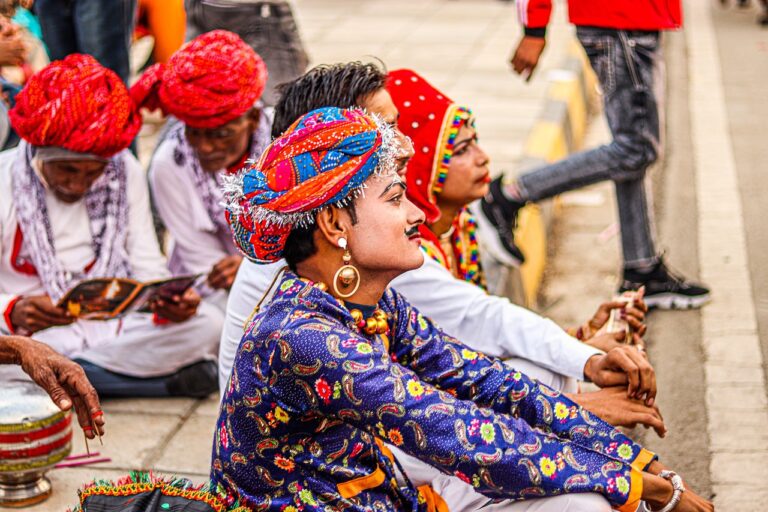How to Use Biometric Technology in Political Campaigns: Allpanel 777.com, Laser book 247, 99exch.com login
allpanel 777.com, laser book 247, 99exch.com login: Media Training for Engaging with Social Justice Groups
In today’s world, social justice issues are at the forefront of many conversations and movements. Whether it’s fighting for racial equality, LGBTQ+ rights, or gender equality, there are countless advocacy groups working tirelessly to make a difference. As a media professional, it’s essential to know how to effectively engage with these social justice groups to amplify their voices and spread their messages. This is where media training comes in.
What is media training?
Media training is a process by which individuals learn how to effectively communicate with the media. This training can involve everything from learning how to speak in soundbites to understanding how to handle tough questions from reporters. Media training is crucial for anyone who may find themselves in front of a camera or microphone, including spokespersons for social justice groups.
Why is media training important when engaging with social justice groups?
When working with social justice groups, it’s essential to ensure that their message is being accurately represented in the media. Media training can help spokespersons for these groups learn how to effectively communicate their message, stay on topic, and handle media interviews with confidence. By providing media training to social justice groups, you can help them get their message out to a wider audience and make a real impact.
How can media training benefit social justice groups?
Media training can benefit social justice groups in a number of ways. By learning how to effectively communicate with the media, spokespersons can ensure that their message is being accurately represented. Media training can also help groups secure media coverage, reach a wider audience, and ultimately make a greater impact. Additionally, media training can help spokespersons feel more confident and prepared when speaking with reporters, which can lead to more successful interviews.
Tips for engaging with social justice groups
1. Listen and learn: Before engaging with a social justice group, take the time to listen to their message and learn about their cause. Understanding their mission and goals will help you effectively communicate with them and represent their message in the media.
2. Build relationships: Building meaningful relationships with social justice groups is crucial for effective collaboration. Take the time to get to know the individuals within the group, their stories, and their experiences. This will help you build trust and rapport, making it easier to work together.
3. Be authentic: When engaging with social justice groups, it’s important to be authentic and genuine. Show your support for their cause, and be willing to listen and learn from their experiences. Authenticity builds trust and can help strengthen your relationship with the group.
4. Amplify their voices: As a media professional, one of your goals should be to amplify the voices of social justice groups. Use your platform to share their message, raise awareness about their cause, and help them reach a wider audience. By amplifying their voices, you can help make a real impact.
5. Provide resources: Social justice groups often have limited resources, so offering support in the form of media training, access to media contacts, or assistance with messaging can be incredibly valuable. By providing resources to these groups, you can help them succeed in getting their message out to the public.
6. Stay informed: Social justice issues are constantly evolving, so it’s important to stay informed and up to date on current events and trends. By staying informed, you can better support social justice groups and ensure that you are accurately representing their message in the media.
FAQs
Q: How can media training help social justice groups navigate challenging interviews?
A: Media training can help social justice groups navigate challenging interviews by teaching them how to stay on message, handle tough questions, and speak confidently in front of the media.
Q: What are some key skills that social justice groups can learn through media training?
A: Some key skills that social justice groups can learn through media training include message development, interview techniques, soundbite creation, and handling media relations.
Q: Is media training only beneficial for spokespersons of social justice groups?
A: While media training is essential for spokespersons of social justice groups, it can also be beneficial for anyone involved in promoting social justice causes, including activists, volunteers, and supporters.
In conclusion, media training is a valuable tool for engaging with social justice groups and amplifying their voices. By providing media training to these groups, you can help them effectively communicate their message, secure media coverage, and make a greater impact in the world. Remember to listen, build relationships, be authentic, amplify their voices, provide resources, and stay informed to effectively engage with social justice groups. Together, we can work towards a more just and equitable society.







